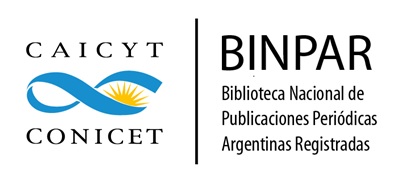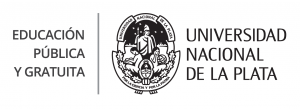Affections, Corporality, Negatricity and (Im)Posture
Experiences of University Students during the Return to Face-to-Face Classes
DOI:
https://doi.org/10.24215/18524907e087Keywords:
bodies, sociality, sociability, virtualityAbstract
This article analyzes the stories shared by students from two Mexican universities, in which they recount their experiences of returning to face to face classes after the lockdown experienced during the pandemic. The students emphasize affections of strangeness in the encounterings with other bodies; stories of nostalgia for what was «lost» during confinement (family, friends, educational expectations and assessments); joyful feelings about returning to school and the possibility of other learning-socialization processes; and a gradual recovery of negatricity spaces.
Downloads
Metrics
References
Ardoino, J. (2002). El tiempo denegado en (y por) la escuela. Revista Nordeste. Segunda época, (18), 113-132.
Ball, S. (1993). Foucault y la educación. Disciplinas y saber. Morata.
Bauleo, A. (1977). Contrainstitución y grupos. Fundamentos.
Castillero, A. (2021). ¿Educación presencial o a distancia? Reflexiones acerca de su posibilidad y limitaciones. Acción y reflexión educativa, (46), 186-197. https://doi.org/10.48204/j.are.n46a8
Castoriadis, C. (2013). La institución imaginaria de la sociedad. Tusquets.
Contreras-Vizcaino, J. J. y Zamora-Echegollen, M. A. (2022). Afectos y efectos de la pandemia en la educación superior en México. RELATEC. Revista Latinoamericana de Tecnología Educativa, 22(1), 73-88. https://doi.org/10.17398/1695-288X.22.1.73
Deleuze, G. (24 de enero 1978). Curso sobre Spinoza. (Trad. E. Hernández; Recop. R. Marginales). Vincennes, Francia.
Deleuze, G. (2002). Diferencia y repetición [Différence et répétition]. Amorrortu. (Trabajo original publicado en 1968).
Deleuze, G. (2008). Dos regímenes de locos. Textos y entrevistas (1975-1995). (Trad. José Luis Pardo). Pre-Textos.
Escudero, C. (diciembre de 2014). Educación corporal: enseñanza, cuerpo y subjetividad. VIII Jornadas de Sociología. Facultad de Humanidades y Ciencias de la Educación, Universidad Nacional de La Plata.
Foucault, M. (1994). Dits et écrits, 1954-1988 (Vols. III, 1976-1979). Gallimard.
Foucault, M. (2003). Vigilar y castigar. Siglo XXI. (Trabajo original publicado en 1975).
Foucault, M. (2008). Topologías (dos conferencias radiofónicas). Fractal, (48), 19-40. https://www.mxfractal.org/articulos/RevistaFractal48MichelFoucault.php
Foucault, M. (2020). Historia de la locura en la época clásica I [Folie et déraison. Histoire de la folie à l'âge classique]. Fondo de Cultura Económica. (Trabajo original publicado en 1961).
Gasca Salas, J. (2007). Alteridad, corporalidad social del sujeto y politicidad. Mundo Siglo XXI. Revista del Centro de Investigaciones Económicas, Administrativas y Sociales del Instituto Politécnico Nacional, (8), 97-108. http://hdl.handle.net/10469/7347
Henry, M. (2001). Encarnación, una filosofía de la carne. Sígueme.
Le Breton, D. (2000). El cuerpo y la educación. Revista Complutense de Educación, 11(2), 35-42. https://revistas.ucm.es/index.php/RCED/article/view/RCED0000220035A
Lourau, R. (2001). El análisis institucional. Amorrortu.
Manero Brito, R. (2022). Ecos del retorno. La institución escolar, el aula y el examen. Área 3. Cuadernos de temas grupales e institucionales, 26, 1-16.
Moreno Hernández, H. C. (2017). Producciones éticas de los estudiantes frente a la experiencia escolar: conflictos y violencias. Argumentos, 84(3), 99-118. https://argumentos.xoc.uam.mx/index.php/argumentos/article/view/37
Orrego Noreña, J. F. y Jaramillo Ocampo, D. A. (2019). Educación, cuerpo y alteridad. Encuentros cara a cara para la formación del otro. Alteridad. Revista de Educación, 14(1), 89-97. https://doi.org/10.17163/alt.v14n1.2019.07
Strauss, A. y Corbin, J. (1998). Bases de la investigación cualitativa. Técnicas y procedimientos para desarrollar la teoría fundamentada. Universidad de Antioquia.
Taylor, S. J. y Bogdan, R. (1987). Introducción a los métodos cualitativos de investigación. La búsqueda de sentido. Paidós.
Varela, J. y Álvarez-Uría, F. (1991). Arqueología de la escuela. La piqueta.
Zamora-Echegollen, M. A. (2021). Trabajo y desafección en el capitalismo contemporáneo. Afectos y subjetividad en médicos del hospital universitario. [Tesis de Doctorado, Benemérita Universidad Autónoma de Puebla]. https://hdl.handle.net/20.500.12371/15298
Zamora-Echegollen, M. A. y Contreras-Vizcaino, J. J. (Coords.) (2022a). Las epistemologías y las artes: a debate. Universidad de Oriente.
Zamora-Echegollen, M. A. y Contreras-Vizcaino, J. J. (2022b). La migración forzada del dispositivo escolar al espacio familiar: experiencias y problematizaciones de las clases virtuales durante la contingencia sanitaria. Diálogos sobre educación, 13(24), 1-23. https://doi.org/10.32870/dse.vi24.1054
Additional Files
Published
How to Cite
Issue
Section
License
Copyright (c) 2025 José Javier Contreras-Vizcaino, Mayleth Alejandra Zamora-Echegollen

This work is licensed under a Creative Commons Attribution-NonCommercial-ShareAlike 4.0 International License.
The acceptance of an original by the journal implies the non-exclusive transfer of the patrimonial rights of the authors in favor of the publisher, who allows the reuse, after its edition (postprint), under a Creative Commons License Attribution-NonCommercial-ShareAlike 4.0 International.
According to these terms, the material can be shared (copy and redistribute in any medium or format) and adapted (remix, transform and create another work from the material), provided that a) the authorship and the original source of their publication (magazine and URL of the work) are cited, b) is not used for commercial purposes and c) the same terms of the license are maintained.
The assignment of non-exclusive rights implies that after postprint in Revista Argentina de Estudios de Juventud authors may publish their work in any language, media and format; in that case, it is requested that they signal that the material was originally published by this journal.
Assignment also entails the authors’ authorization for the work to be collected by SEDICI, the institutional repository of the Universidad Nacional de La Plata, and for it to be indexed in the databases that the publisher thinks appropriate for enhancing the visibility of the published work and its authors.
In addition, the journal encourages authors to submit their works to other institutional and thematic repositories after their publication in Revista Argentina de Estudios de Juventud, under the assumption that offering society unrestricted access to scientific and academic production contributes to a greater exchange in global knowledge.

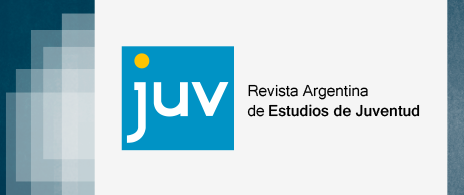
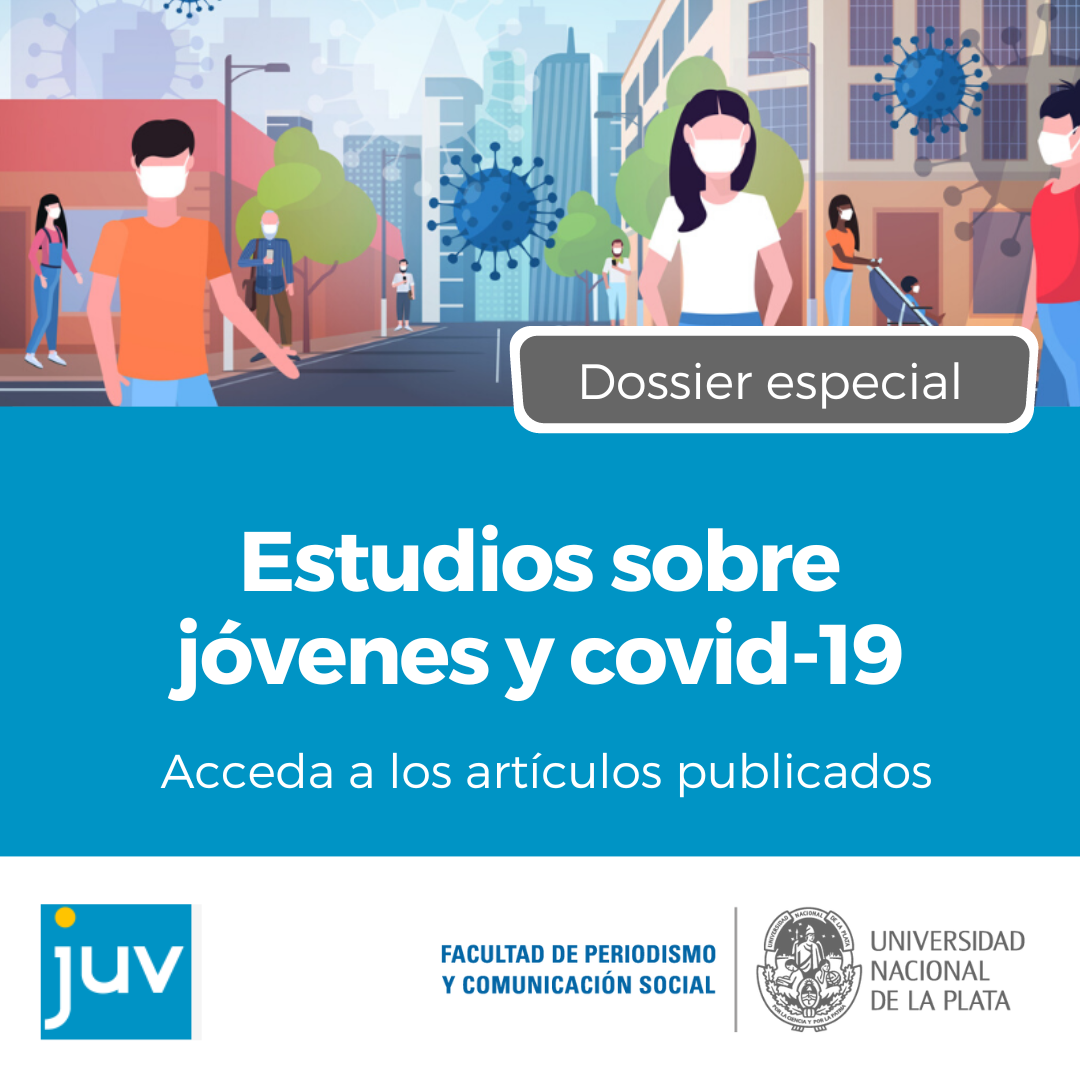




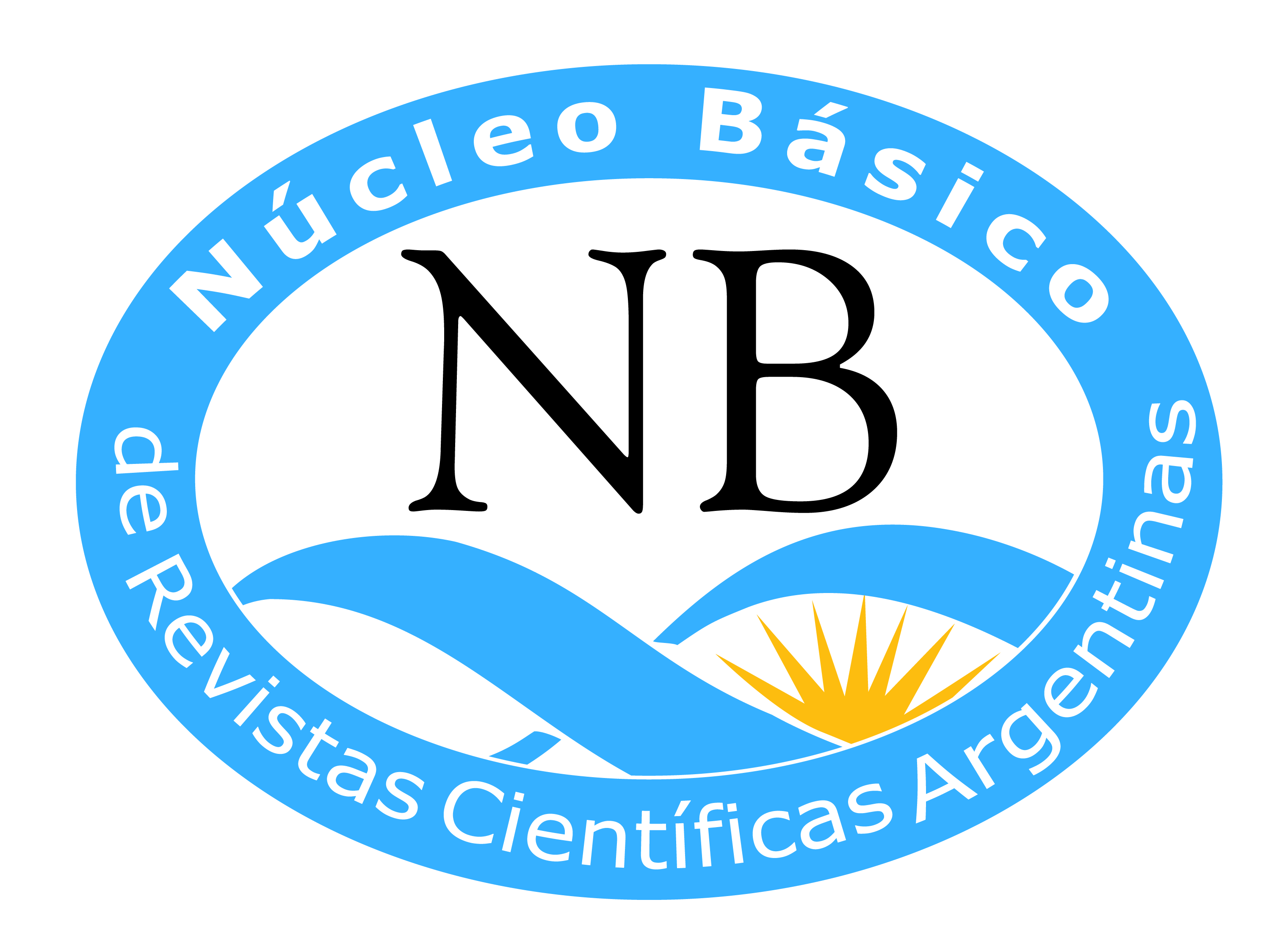
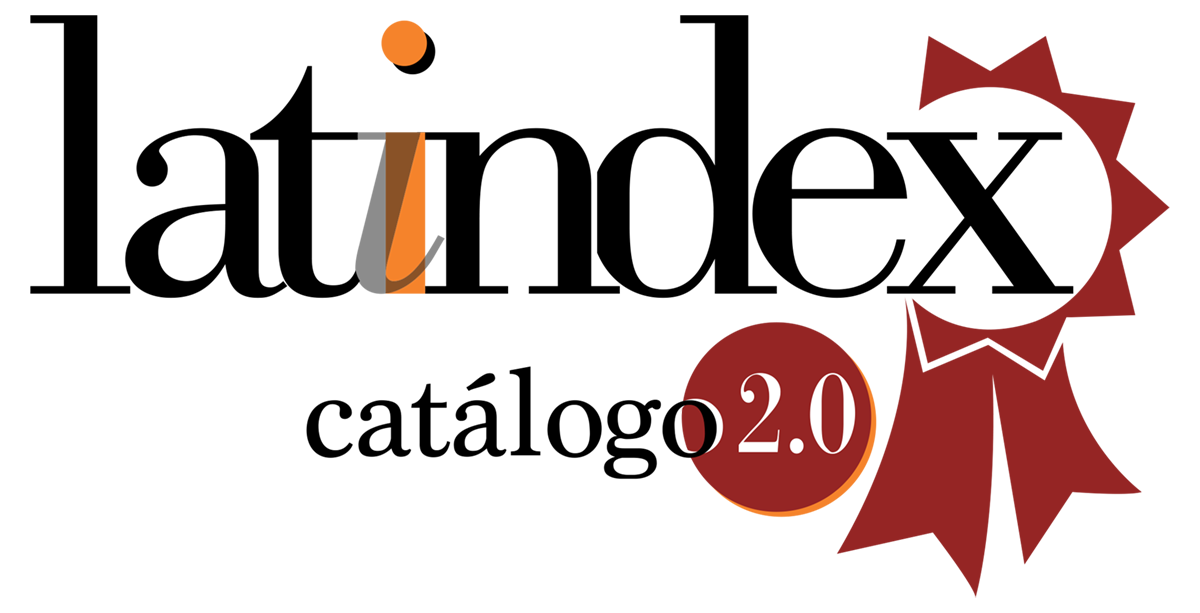

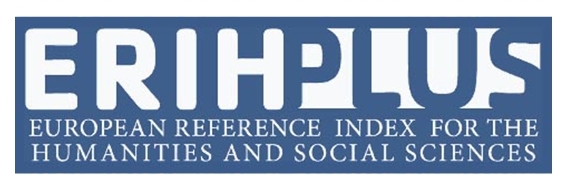



.png)















